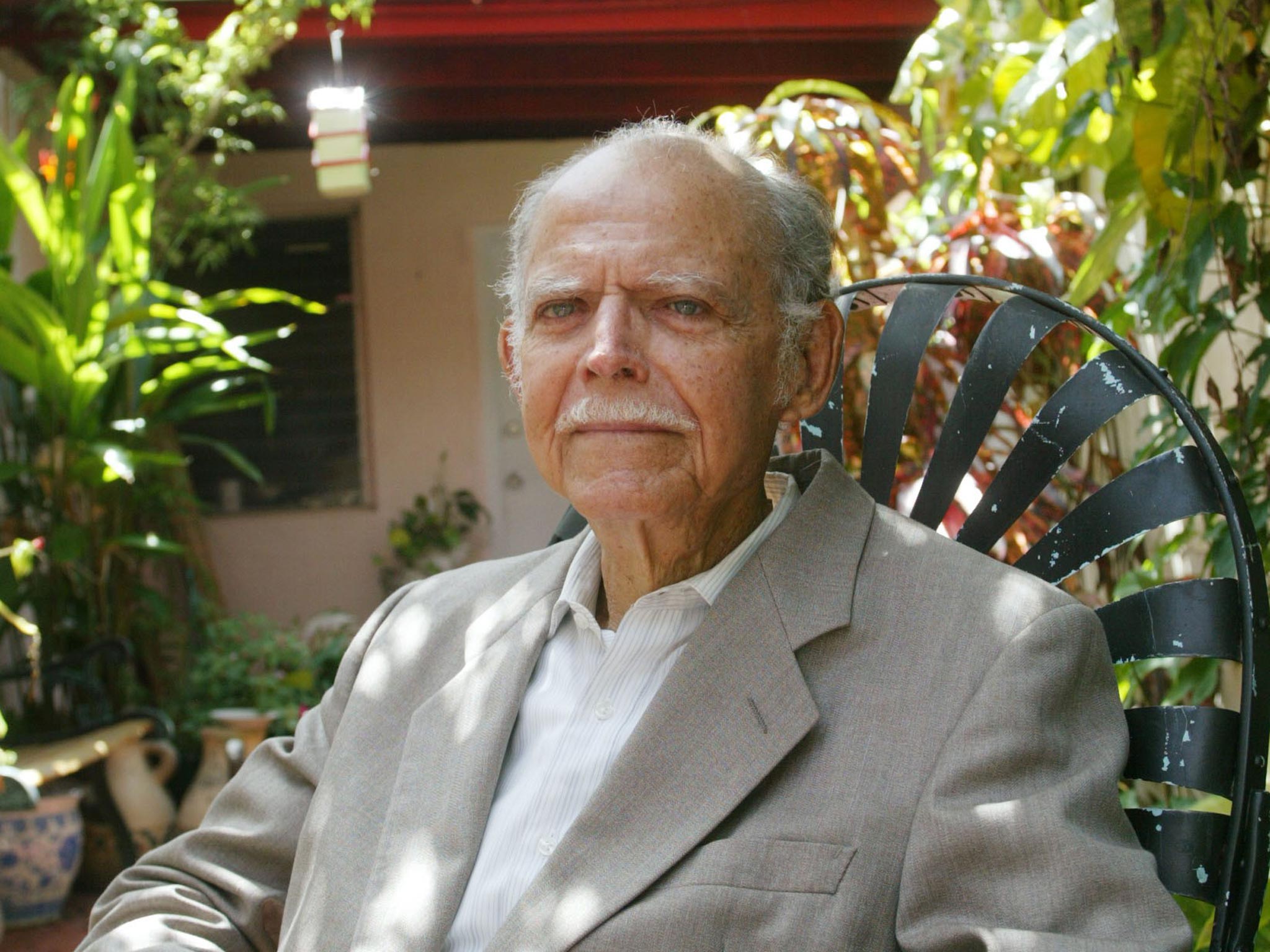Huber Matos Benitez: Revolutionary who entered Havana alongside Castro but was later imprisoned for 20 years for 'treason'

Your support helps us to tell the story
From reproductive rights to climate change to Big Tech, The Independent is on the ground when the story is developing. Whether it's investigating the financials of Elon Musk's pro-Trump PAC or producing our latest documentary, 'The A Word', which shines a light on the American women fighting for reproductive rights, we know how important it is to parse out the facts from the messaging.
At such a critical moment in US history, we need reporters on the ground. Your donation allows us to keep sending journalists to speak to both sides of the story.
The Independent is trusted by Americans across the entire political spectrum. And unlike many other quality news outlets, we choose not to lock Americans out of our reporting and analysis with paywalls. We believe quality journalism should be available to everyone, paid for by those who can afford it.
Your support makes all the difference.When Fidel Castro led a failed uprising in Cuba in 1953 Huber Matos Benitez was a 34-year-old rice farmer and teacher, and an opponent of the Cuban dictator General Fulgencio Batista. A few years later Matos helped lead the Cuban Revolution as one of Castro's key lieutenants before his efforts to resign from the burgeoning communist government landed him in prison for 20 years.
Inspired by the abortive coup, Matos joined Castro and served as a commander in the Sierra Maestra mountains. The two men clashed occasionally, but Matos claimed that at one point Castro named him third in line for the leadership after Castro's brother Raul. Che Guevara was fifth in line, he said. In an interview in 2009, Matos said he joined the revolution hoping to restore to his country the democracy the island had experienced only briefly before Batista led a coup in 1952.
Matos, who had been a professor of education, first travelled to Costa Rica to obtain weapons and ammunition for delivery to Castro's forces before eventually joining the rebels in the mountains with five tons of ammunition and weapons. He was captured in 1957 by Batista's forces but was able to escape. The revolution overthrew Batista on New Year's Day 1959, and Matos rolled into Havana at Castro's side. But within months a disillusioned Matos wanted out of the new government, fearing that the Castros and Guevara were steering the country toward communism, and that Castro had no intention of holding free elections, as he had promised. He said his message to Castro was: "If you intend to stay in power, don't count on me."
"There was another agenda," Matos said. "Fidel said one thing for the public, and the steps he took were another story." When he first tried to resign, Castro would not let him. In September 1959 he wrote, "Communist influence in the government has continued to grow. I have to leave power as soon as possible. I have to alert the Cuban people as to what is happening." The following month he was arrested and convicted of treason. He was told he would face the firing squad but believes he was sent to prison because Castro feared he would become a martyr.
In his book How Night Fell, Matos described being tortured and kept for years in isolation. "They were very cruel, to the fullest extent of the word... I was subjected to all kinds of horrors, all kinds, including the puncturing of my genitals." He was released in October 1979 and was reunited with his wife and four grown-up children. He initially lived in Caracas, where he founded the group Independent and Democratic Cuba, and later moved to Miami.
"The revolution didn't have to become a catastrophe," he said. "If [Castro] would have brought reforms within the democratic framework, Cuba would have been a great country." He lauded his wife for her bravery during the years he spent behind bars, noting how she raised their four children, working as a seamstress while keeping his case alive in the international human rights community.
In Miami, Matos led the Independent and Democratic Cuba group, one of many anti-Castro groups. He was regarded with suspicion by some of the Miami exile community's most powerful members because of his early opposition to Batista and his support for dissidents inside Cuba. Still, he remained an outspoken critic of Castro. Fearing assassination, he kept a pistol in a holster tucked into his waistband.
In May 2009, at the age of 90, he travelled to Honduras to protest against a proposal to reinstate Cuba as a member of the Organisation of American States. "I'm one of those who's convinced that there will be a change in Cuba in a time not very far in the future," he said. "That's inevitable. The system failed completely. It not only failed completely, but among the young generations there's an eagerness for change that's unstoppable."
Matos was born in Yara, in Oriente Province in 1918. He became a school teacher in Manzanillo, while also owning a small rice plantation. He joined the Cuban nationalist party Partido Ortodoxo, of which the young lawyer Fidel Castro was already a prominent member. In his 2009 interview he said he had no illusions of returning to Cuba as a political leader, but hoped to provide guidance for future leaders. "I consider myself a Cuban who can still be useful to my country," he said.
CHRIS MAUME
Huber Matos Benitez, revolutionary and political activist: born Yara, Cuba 26 November 1918; married (children); died Miami, Florida 27 February 2014.
Join our commenting forum
Join thought-provoking conversations, follow other Independent readers and see their replies
Comments